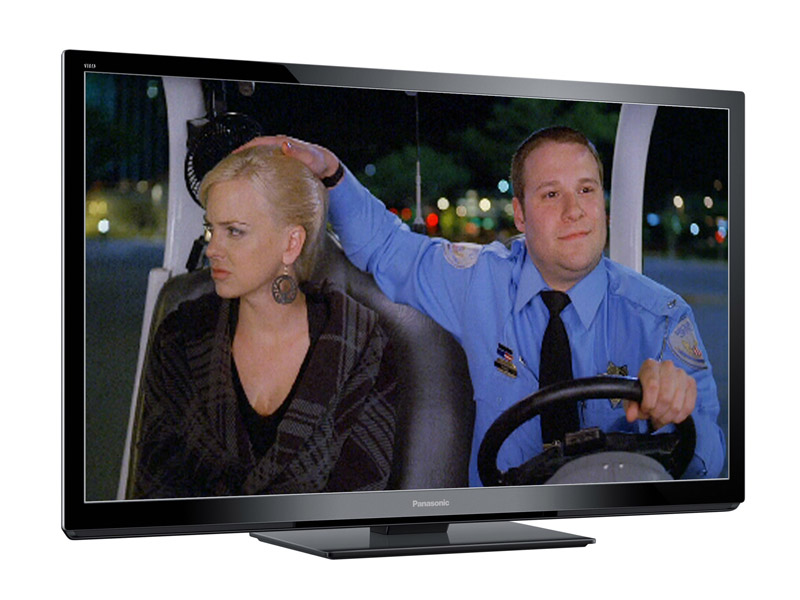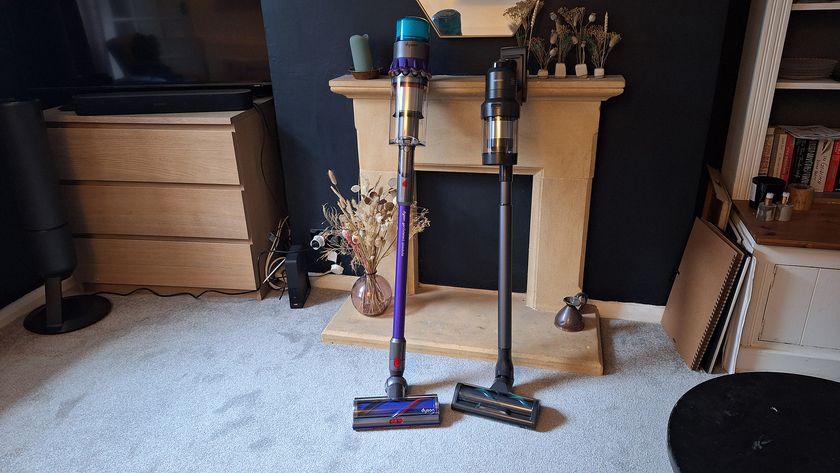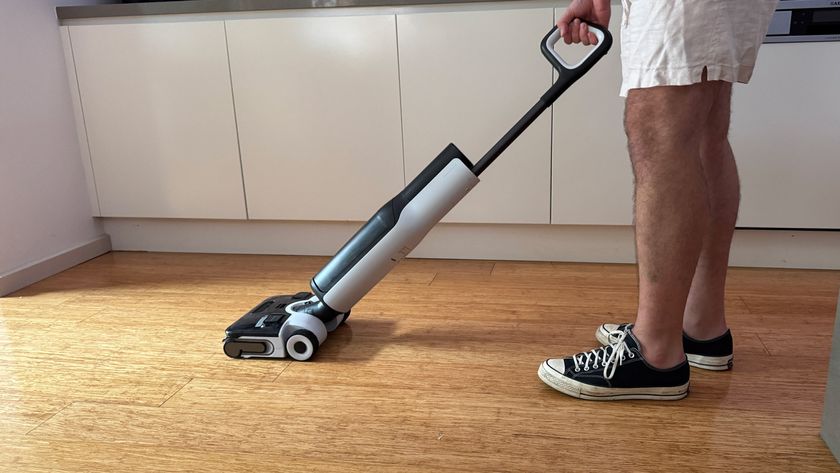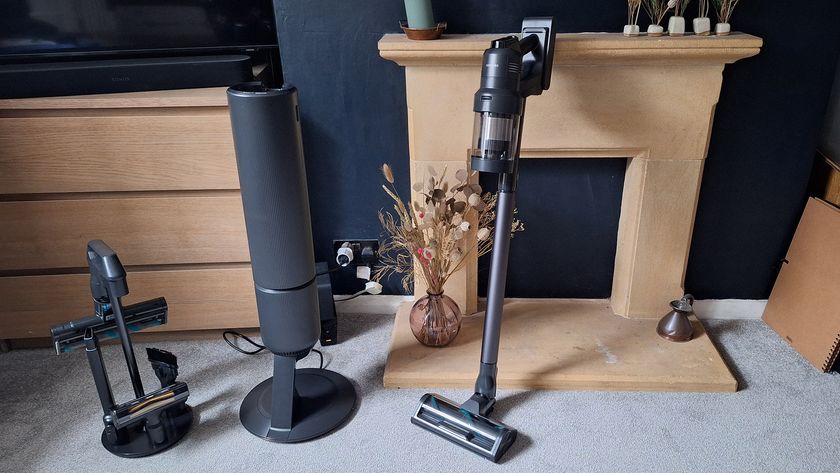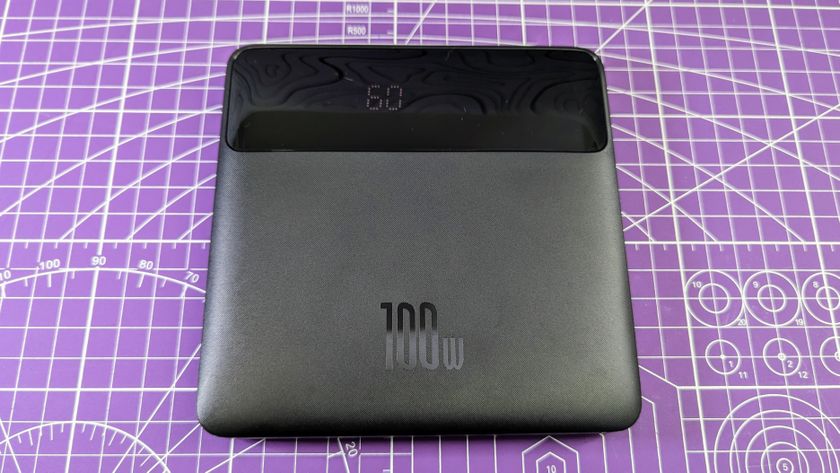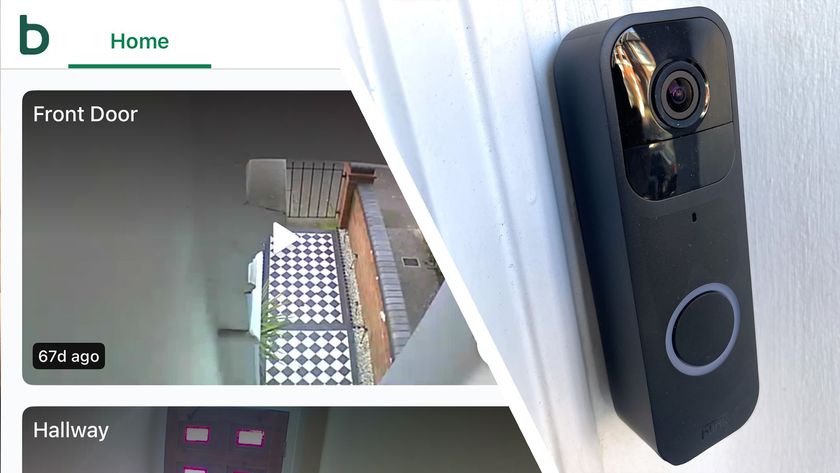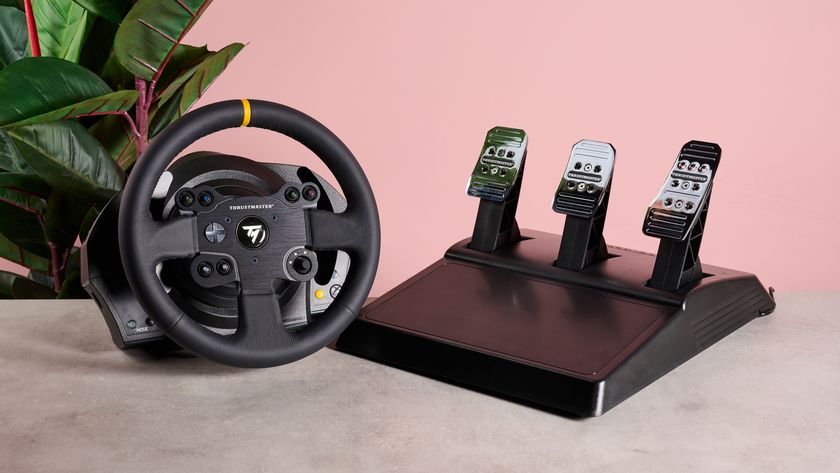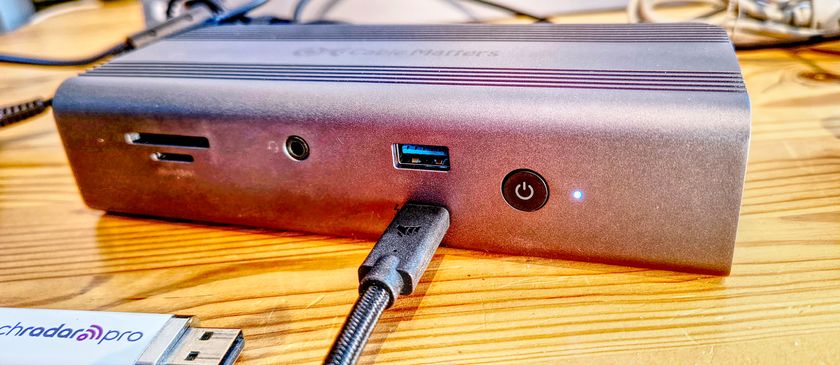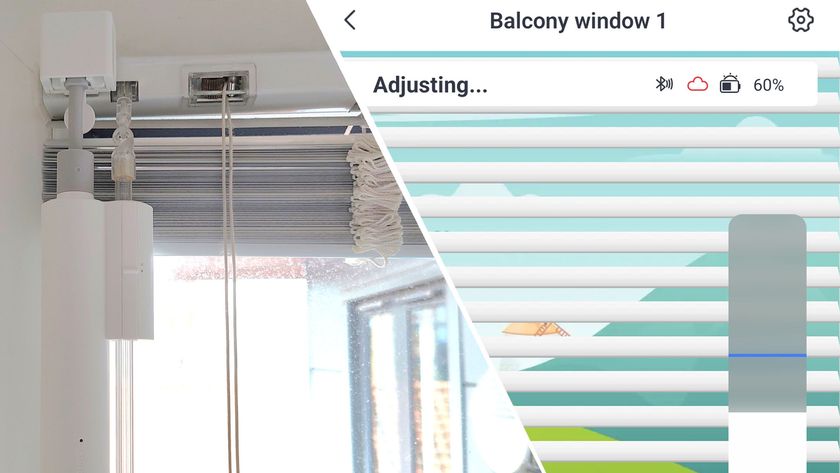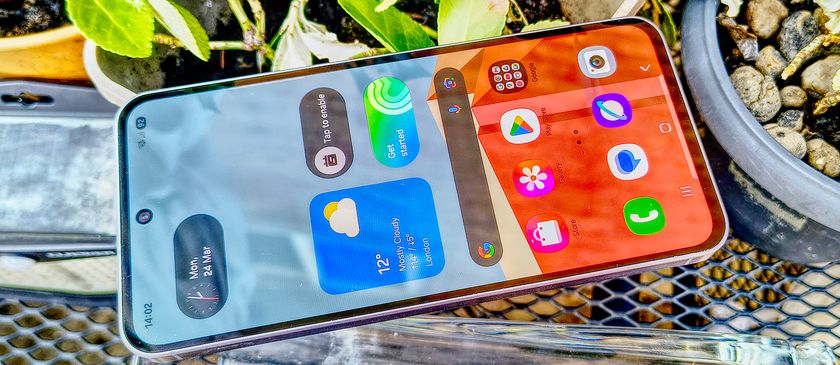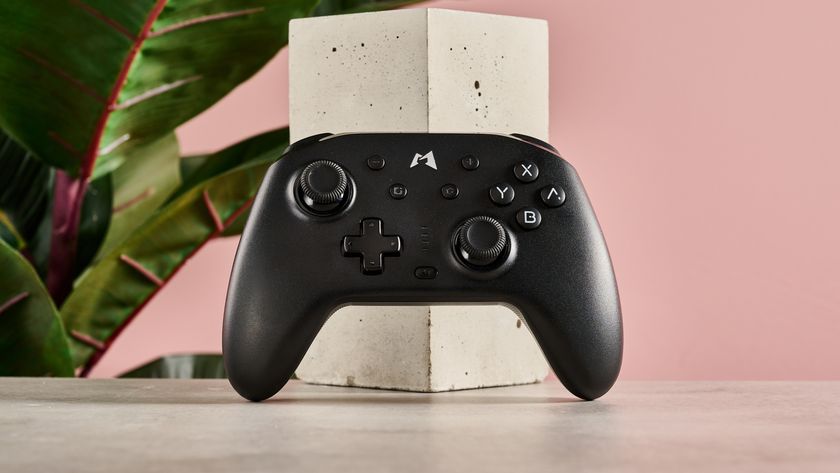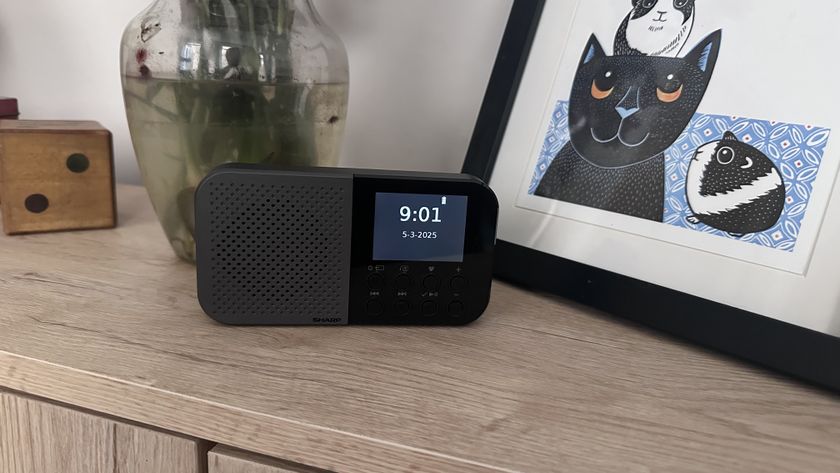TechRadar Verdict
Pros
- +
Outstanding build quality
- +
Brilliant 2D and 3D pictures
- +
Good online and multimedia capability
Cons
- -
Minor colour bleed with 50Hz PAL
- -
3D glasses knock out a lot of brightness
- -
Poorly designed eyewear
Why you can trust TechRadar
Just when LCD seemed to be poised for world domination, plasma's clear advantages with 3D saw a swift upturn in the technology's fortunes.
Recent new active 3D TVs from Samsung and Panasonic itself have shown big leaps forward for LCD's 3D capabilities, though, while LG's passive LCD alternative has also been making waves. Panasonic's second wave of 3D plasmas has much to prove, then, and the TX-P50GT30B represents a radical overhaul of the previous generation.
A NeoPlasma panel replaces the previous NeoPDP technology, with highlights including faster-switching phosphor and a new filter.
Panasonic's new slim plasmas also now sit in a more affordable position in its range and the TX-P50GT30B sports not only dual high-definition Freeview and Freesat tuners, but also Panasonic's new Viera Connect online platform, plus extensive multimedia talents.
The 50-inch TX-P50GT30B is joined in the lineup by the 42-inch TH-P42GT30B and 46-inch TH-P46GT30B. Amazingly, despite this series' awe-inspiring spec, it's not quite at the pinnacle of Panasonic's current 3D range. The VT30 series adds an extra high-contrast filter and boosts sound by installing new dual-range speakers together with a boxed subwoofer.
Rather lower down the pecking order, sets in the ST30 series lose the Freesat tuner, lack any THX/ISF endorsements, don't allow USB HDD recording, have no DLNA capability and fewer USB and HDMI ports and are considerably chunkier in profile.
John has been writing about home entertainment technology for more than two decades - an especially impressive feat considering he still claims to only be 35 years old (yeah, right). In that time he’s reviewed hundreds if not thousands of TVs, projectors and speakers, and spent frankly far too long sitting by himself in a dark room.
